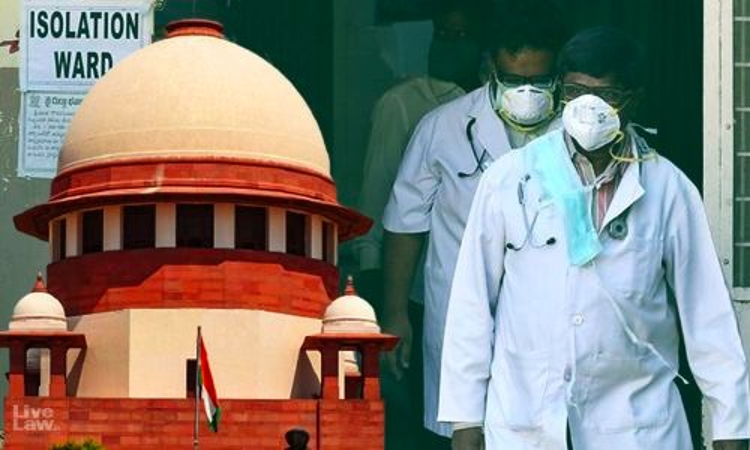The Supreme Court on Thursday reserved its judgment in a petition filed assailing the orders of the Gauhati High Court which struck down the Assam Rural Health Regulatory Authority Act, 2004 after ten years of its promulgation. The Act allowed persons who have completed three years Diploma Course in Medicine and Rural Health Care to treat certain specified common diseases.The matter was heard...

